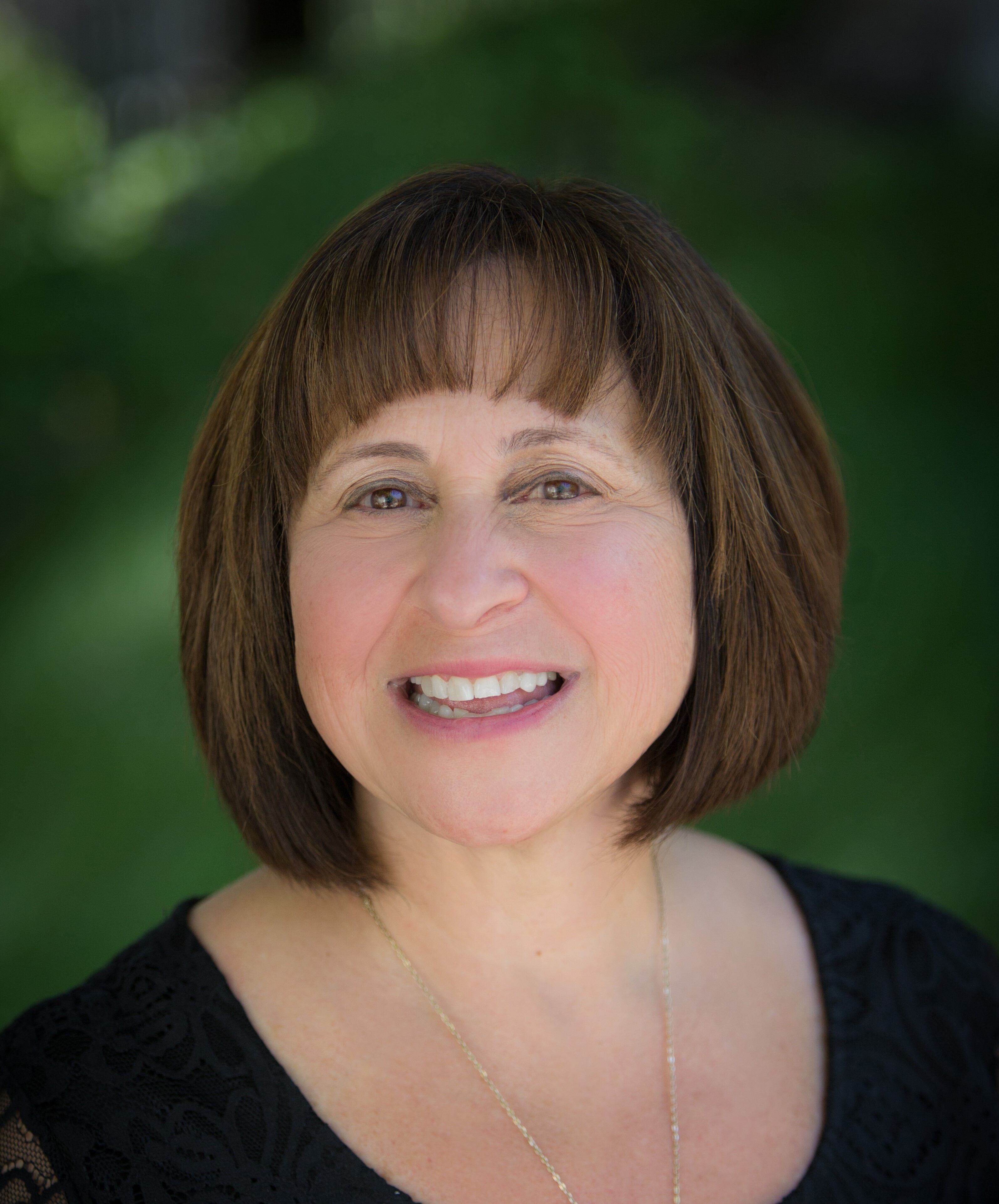As this week’s Torah portion opens, Moses continues what is his second speech or sermon to the people, beginning “See, I set before you this day a blessing and a curse.” As the Torah continues, Moses appeals to the people to choose a life of blessing, a life in the service of God. The narrative then shifts to the actual laws detailing how we are to live in all facets of life: personal, private, public, legal, social, moral and ritual. Eventually, the portion comes to the recapping of the holidays of the year. But, first the Torah revisits the laws of sacred eating through the commandment of kashrut – which animals can be eaten, which cannot; the parts of an animal that can be eaten and the parts that cannot.
It is in this discussion that we find a reminder of a law that appears no less than half a dozen times in the Torah: a stern warning not to eat blood. This certainly seems logical enough, especially for those who don’t identify as vampires. Echoing the prohibition that was first stated to Noah (who, you will remember, wasn’t even Jewish), the Torah demands that blood must be spilt on the ground and sometimes it must even be covered by sand.
But, in the Torah’s actual language, it is not as simple to understand it as logical. Moses introduces this command in an unusual way: “RAK CHAZAK, Be Strong that you do not eat the blood…”
Rashi tries to understand why it is that these words ‘be strong’ are necessary at all. Citing an earlier rabbinic interpretation, Rashi says that this is because it took considerable effort and people actually had a predilection towards eating the blood. According to some, this is because other near eastern ancient cultures were very enthusiastic about eating blood in their idol worship. So, overcoming the urge was yet another way our ancestors affirmed their rejection of idolatry. Secondly ‘be strong’ emphasizes that it is only through strong effort that we actually fulfill this commandment. To this day, kosher meat preparation requires extraordinary care to eliminate all traces of blood. This is also the reason that kosher meat is soaked and salted.
And why do we do this? That, I think, is the key to the second part of the verse: “…for the blood is life, and you must not eat life with the flesh.” Blood contains the life force of the animal, and eating it is just wrong as it causes unnecessary cruelty. But, blood is also what helps bodies, animals or human, function. Blood is a source of life and ours is a tradition that teaches us to sanctify life even when it means having to overcome our own hunger or desire.
To eat blood is a rejection of the gift of life and the Giver of life, and that would be the gravest sin of all. This is what it means to be a Jew with strong effort and strength to distinguish ourselves in practice and ritual.
Shabbat shalom


 Download PDF
Download PDF